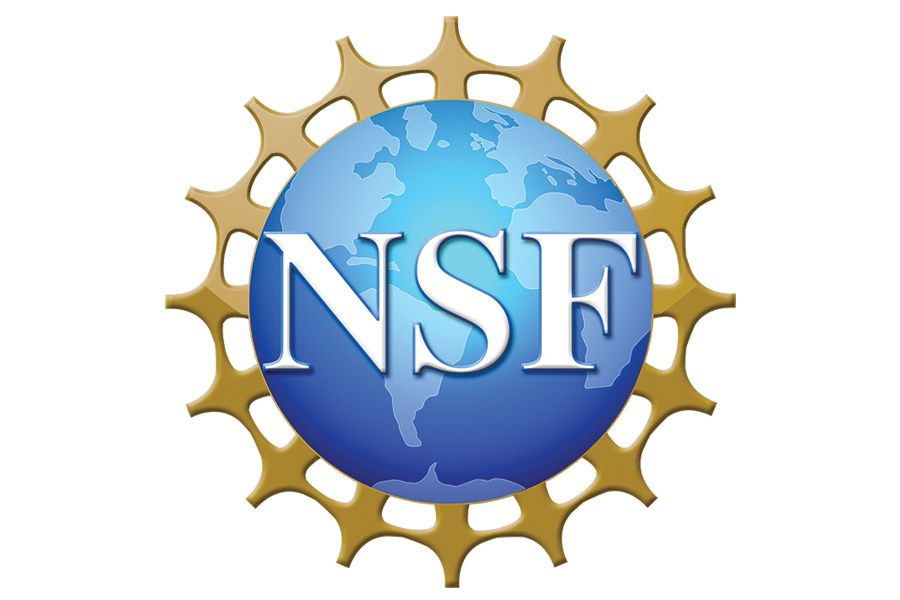
Anna Fisher Receives NSF Science of Learning Grant
Project Will Examine the Effect of Pictures in Books for Beginning Readers
By Shilo Rea
The National Science Foundation (NSF) has awarded $8.2 million through its Science of Learning program to fund 24 new projects that will advance theoretical insights and fundamental knowledge of learning principles, processes, environments and constraints.
Carnegie Mellon University’s Anna Fisher has received a four-year, $751,000 grant to study the effect of pictures in books for beginning readers. Fisher, associate professor of psychology in the Dietrich College of Humanities and Social Sciences, will work to understand whether design of reading materials for beginning readers can be optimized taking into account children’s developing attention regulation skills.
This research will be conducted in collaboration with Karrie Godwin (DC’15), who received her Ph.D. in developmental psychology from CMU and was a fellow in the Program in Interdisciplinary Education Research (PIER). Godwin is currently an assistant professor at Kent State University.
"NSF has shown long-standing leadership in the Science of Learning through past investments in the Science of Learning Centers and Science of Learning Collaborative Networks," said Fay Lomax Cook, assistant director for NSF's Social, Behavioral and Economic Sciences Directorate (SBE). "These first awards from the Science of Learning program build on momentum in this field and demonstrate continued investment in projects that bridge disciplines toward a deeper understanding of societally important questions."
SBE developed the Science of Learning program to support the investigation of questions of great scope and complexity regarding how humans, other animals and machines learn. Such questions cross many scientific disciplines and scales from how cellular mechanisms and brain systems affect learning to the roles played by society and culture.
"Learning is essential to individual development, opportunity and achievement. It underpins our ability to address such challenges as educating the future workforce, increasing creativity and innovation, and developing the potential of human-technology interactions to improve productivity and opportunity," said Soo-Siang Lim, a Science of Learning program director.
Specifically, Fisher’s research will examine whether close proximity of text and illustrations, a typical layout in books for beginning readers, creates competition for attention resources and interferes with reading fluency and comprehension. She will then examine whether the layout of books can be optimized to reduce any attention resource competition in order to help young readers become more fluent and understand what they are reading more quickly.
“Learning to read is often considered the most important skill taught in elementary school because reading is a gateway to other learning within and outside of the classroom,” Fisher said. “Many children struggle to acquire this fundamental gateway skill. This research has the potential to uncover low cost and easy to scale basic principles for more optimal book design for beginning readers—which could then improve their literacy skills, thereby improving their life learning outcomes.”
The Science of Learning program contributes to NSF's investments in support of Understanding the Brain and the BRAIN Initiative, a coordinated research effort that seeks to enhance our understanding of the brain.
At CMU, Fisher’s work falls under the umbrella of two university initiatives: BrainHub, which integrates the CMU’s world-class computation and engineering communities to study the mind and brain, and the Simon Initiative, which harnesses a cross-disciplinary learning engineering ecosystem that has developed over several decades at Carnegie Mellon to measurably improve student learning outcomes.